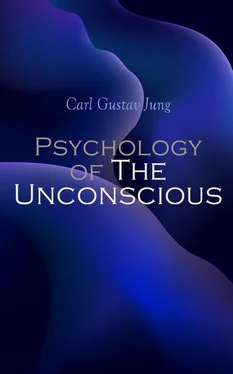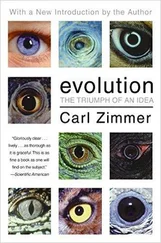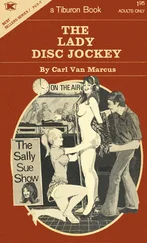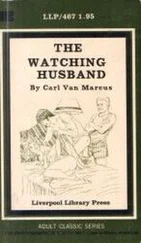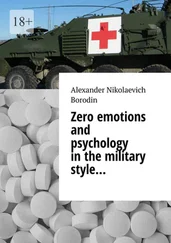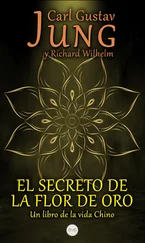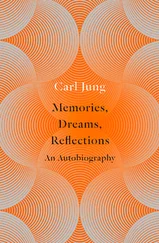It frequently happens that the young person is so closely bound in the family relations that it is only with the greatest difficulty that he can attain any measure of freedom and then only very imperfectly, so that the libido sexualis can only express itself in certain feelings and phantasies which clearly reveal the existence of the complex until then entirely hidden and unrealized. Now commences the secondary struggle against the unfilial and immoral feelings with a consequent development of intense resistances expressing themselves in irritation, anger, revolt and antagonism against the parents, or else in an especially tender, submissive and yielding attitude which over-compensates for the rebellion and reaction held within.
This struggle and conflict gives rise to the unconscious phantasy of self-sacrifice which really means the sacrificing of the childish tendencies and love type in order to free libido; for his nature demands that he attain the capacity for the accomplishment of his own personal fulfilment, the satisfaction of which belongs to the developed man and woman.
This conception has been worked out in detail by Jung in the book which is herein presented to English readers.
We now come to the most important of Jung’s conceptions in that it bears practically upon the treatment of certain types of the neuroses and stands theoretically in direct opposition to Freud’s hypothesis. While recognizing fully the influence of the parents and of the sexual constitution of the child, Jung refuses to see in this infantile past the real cause for the later development of the illness. He definitely places the cause of the pathogenic conflict in the present moment and considers that in seeking for the cause in the distant past one is only following the desire of the patient, which is to withdraw himself as much as possible from the present important period.
The conflict is produced by some important task or duty which is essential biologically and practically for the fulfilment of the ego of the individual, but before which an obstacle arises from which he shrinks, and thus halted cannot go on. With this interference in the path of progression libido is stored up and a regression takes place whereby there occurs a reanimation of past ways of libido occupation which were entirely normal to the child, but which for the adult are no longer of value. These regressive infantile desires and phantasies now alive and striving for satisfaction are converted into symptoms, and in these surrogate forms obtain a certain gratification, thus creating the external manifestations of the neurosis. Therefore Jung does not ask from what psychic experience or point of fixation in childhood the patient is suffering, but what is the present duty or task he is avoiding, or what obstacle in his life’s path he is unable to overcome? What is the cause of his regression to past psychic experiences?
Following this theory Jung expresses the view that the elaborate phantasies and dreams produced by these patients are really forms of compensation or artificial substitutes for the unfulfilled adaptation to reality. The sexual content of these phantasies and dreams is only apparently and not actually expressive of a real sexual desire or incest wish, but is a regressive employment of sexual forms to symbolically express a present-day need when the attainment of the present ego demand seems too difficult or impossible, and no adaptation is made to what is possible for the individual’s capability. [3]
With this statement Jung throws a new light on the work of analytic psychology and on the conception of the neurotic symptoms, and renders possible of understanding the many apparent incongruities and conflicting observations which have been so disturbing to the critics.
It now becomes proper to ask what has been established by all this mass of investigation into the soul, and what is its value not only as a therapeutic measure for the neurotic sufferer, but also for the normal human being?
First and perhaps most important is the recognition of a definite psychological determinism. Instead of human life being filled with foolish, meaningless or purposeless actions, errors and thoughts, it can be demonstrated that no expression or manifestation of the psyche, however trifling or inconsistent in appearance, is really lawless or unmotivated. Only a possession of the technique is necessary in order to reveal, to any one desirous of knowing, the existence of the unconscious determinants of his mannerisms, trivial expressions, acts and behavior, their purpose and significance.
This leads into the second fundamental conception, which is perhaps even less considered than the foregoing, and that is the relative value of the conscious mind and thought. It is the general attitude of people to judge themselves by their surface motives, to satisfy themselves by saying or thinking “this is what I want to do or say” or “I intended to do thus and so,” but somehow what one thought, one intended to say or expected to do is very often the contrary of what actually is said or done. Every one has had these experiences when the gap between the conscious thought and action was gross enough to be observed. It is also a well known experience to consciously desire something very much and when it is obtained to discover that this in no wise satisfied or lessened the desire, which was then transferred to some other object. Thus one became cognizant of the fact that the feeling and idea presented by consciousness as the desire was an error. What is the difficulty in these conditions? Evidently some other directing force than that of which we are aware is at work.
Dr. G. Stanley Hall uses a very striking symbol when he compares the mind to an iceberg floating in the ocean with one-eighth visible above the water and seven-eighths below—the one-eighth above being that part called conscious and the seven-eighths below that which we call the unconscious. The influence and controlling power of the unconscious desires over our thoughts and acts are in this relative proportion. Faint glimmers of other motives and interests than those we accept or which we believe, often flit into consciousness. These indications, if studied or valued accurately, would lead to the realization that consciousness is but a single stage and but one form of expression of mind. Therefore its dictum is but one, often untrustworthy, approach to the great question as to what is man’s actual psychic accomplishment, and as to what in particular is the actual soul development of the individual.
A further contribution of equal importance has been the empiric development of a dynamic theory of life; the conception that life is in a state of flux—movement—leading either to construction or destruction. Through the development man has reached he has attained the power by means of his intelligence and understanding of definitely directing to a certain extent this life energy or libido into avenues which serve his interest and bring a real satisfaction for the present day.
When man through ignorance and certain inherent tendencies fails to recognize his needs or his power to fulfil them, or to adapt himself to the conditions of reality of the present time, there is then produced that reanimation of infantile paths by which an attempt is made to gain fulfilment or satisfaction through the production of symptoms or attitudes.
The acceptance of these statements demands the recognition of the existence of an infantile sexuality and the large part played by it in the later life of the individual. Because of the power and imperious influence exerted by the parents upon the child, and because of the unconscious attachment of his libido to the original object, the mother, and the perseverance of this first love model in the psyche, he finds it very difficult, on reaching the stage of adult development and the time for seeking a love object outside of the family, to gain a satisfactory model.
Читать дальше
